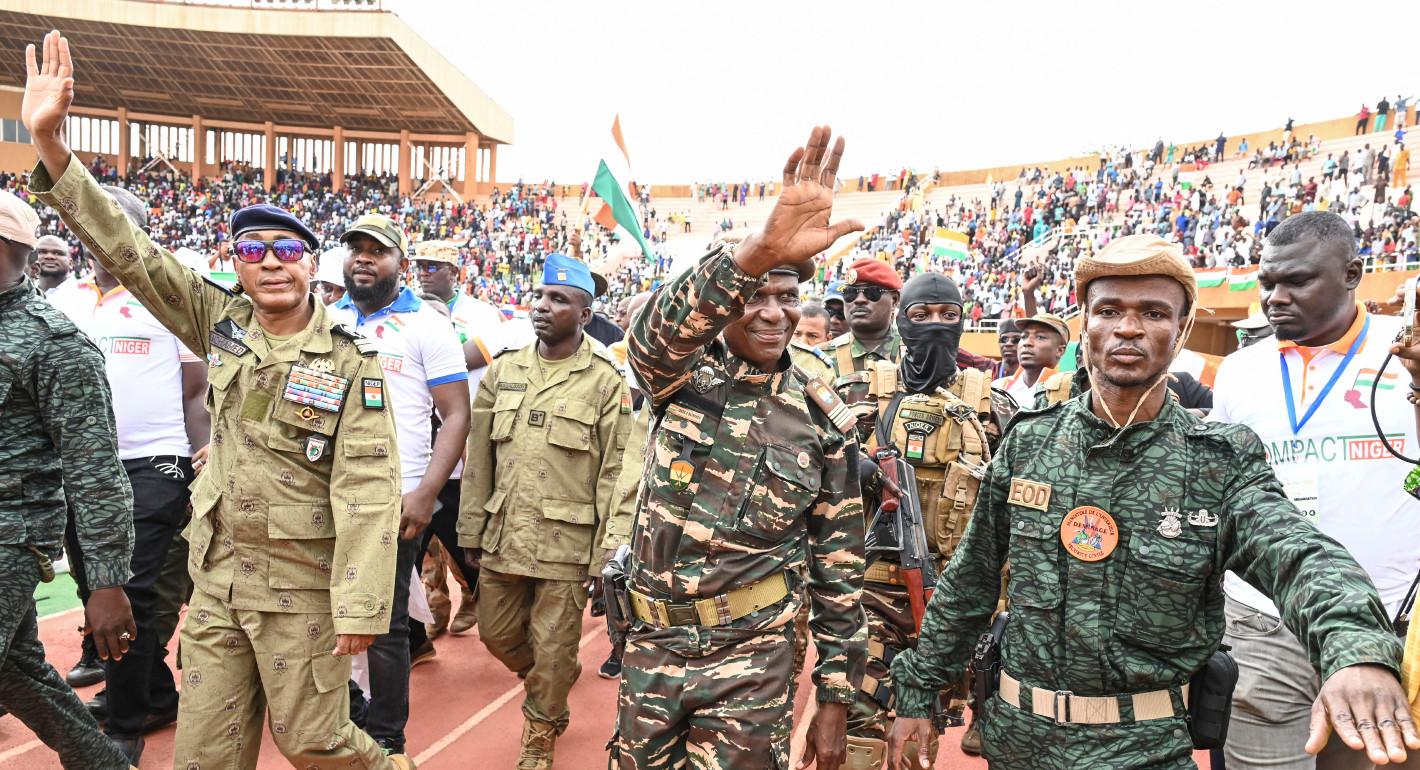Niger’s military at a crossroads: Politicization and its impact on democracy

Once a guardian of national security, the military has increasingly entrenched itself in the political sphere, challenging the foundations of the republic and sparking widespread concern among citizens.
The Army’s Constitutional Role
In a republic, the military’s primary duty is to defend territorial integrity, protect citizens, and ensure national security against external threats.
Traditionally, it operates within constitutional limits, remaining neutral and subordinate to civilian authority.
However, in Niger, this balance has been upended.
Since the military’s power grab in 2023, the armed forces have assumed an expanded role in governance, particularly in Niamey.
This shift has seen generals divert their focus from critical security threats to political activities, including funding public demonstrations and dominating political discourse.
Such actions disrupt the delicate balance of power, risking the erosion of democratic principles.
Political Involvement: A Threat to Stability
The militarization of Niger’s politics undermines civilian institutions, weakening democratic governance.
By engaging in political activities, the military risks losing its neutrality and fostering divisions within its ranks, potentially leading to abuses of power.
As Aimé Serge Mibambani Ndimba, a senior official, points out, “When the army assumes political roles, the independence of civilian institutions is compromised.”
Moreover, the replacement of skilled civilian leaders with military personnel has led to inefficiencies in governance.
While the military excels in discipline and crisis management, it often lacks the specialized expertise required in areas such as law, economics, and diplomacy.
This shortfall threatens Niger’s ability to address complex national challenges, potentially deepening economic and social instability.
A Call for Democratic Restoration
The solution lies in restoring the military to its traditional role as the nation’s defender.
Analysts argue that the armed forces must return to their barracks and refocus on addressing Niger’s pressing security threats.
At the same time, civilian governance should be bolstered by professionals with expertise in governance, economic reform, and international relations.
Re-establishing a clear boundary between civilian and military roles is vital for restoring public trust and ensuring long-term stability.
“The return to democracy, anchored in civilian rule, is essential for Niger to secure a stable and prosperous future,” an expert emphasizes.
As Niger navigates this critical juncture, the path forward demands collaboration, adherence to constitutional principles, and a renewed commitment to democratic governance.
Only then can the nation overcome its current challenges and pave the way for sustainable development.
About The Author
dailymailafric
I am an avid African news observer, and an active member of Daily Mail Africa.
I’m Passionate about staying informed on diverse topics across the continent,
I actively contribute to publishing on political, economic and cultural developments in Africa.



